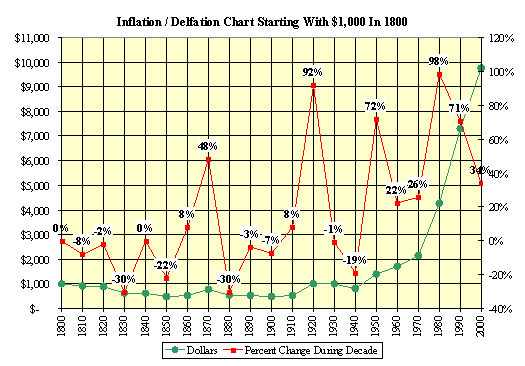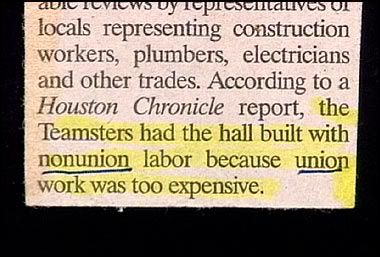The Economics of Empires / Medicare vs Reality
First, a very extensive discussion of the economics of empires, especially concentrating on the United States government's behaviour. This is something worth reading.
Many have criticized Bush for staging the war in Iraq in order to seize Iraqi oil fields. However, those critics can’t explain why Bush would want to seize those fields—he could simply print dollars for nothing and use them to get all the oil in the world that he needs. He must have had some other reason to invade Iraq.
History teaches that an empire should go to war for one of two reasons: (1) to defend itself or (2) benefit from war; if not, as Paul Kennedy illustrates in his magisterial The Rise and Fall of the Great Powers, a military overstretch will drain its economic resources and precipitate its collapse. Economically speaking, in order for an empire to initiate and conduct a war, its benefits must outweigh its military and social costs. Benefits from Iraqi oil fields are hardly worth the long-term, multi-year military cost. Instead, Bush must have went into Iraq to defend his Empire. Indeed, this is the case: two months after the United States invaded Iraq, the Oil for Food Program was terminated, the Iraqi Euro accounts were switched back to dollars, and oil was sold once again only for U.S. dollars. No longer could the world buy oil from Iraq with Euro. Global dollar supremacy was once again restored. Bush descended victoriously from a fighter jet and declared the mission accomplished—he had successfully defended the U.S. dollar, and thus the American Empire.
Secondly, a study which may indicate a lot about why the American health care system ended up the way it is now, "The Aggregate Effects of Health Insurance: Evidence from the Introduction of Medicare":
Abstract: This paper investigates the effects of market-wide changes in health insurance by examining the single largest change in health insurance coverage in American history: the introduction of Medicare in 1965. I estimate that the impact of Medicare on hospital spending is over six times larger than what the evidence from individual-level changes in health insurance would have predicted. This disproportionately larger effect may arise if market-wide changes in demand alter the incentives of hospitals to incur the fixed costs of entering the market or of adopting new practice styles. I present some evidence of these types of effects. A back of the envelope calculation based on the estimated impact of Medicare suggests that the overall spread of health insurance between 1950 and 1990 may be able to explain about half of the increase in real per capita health spending over this time period.




